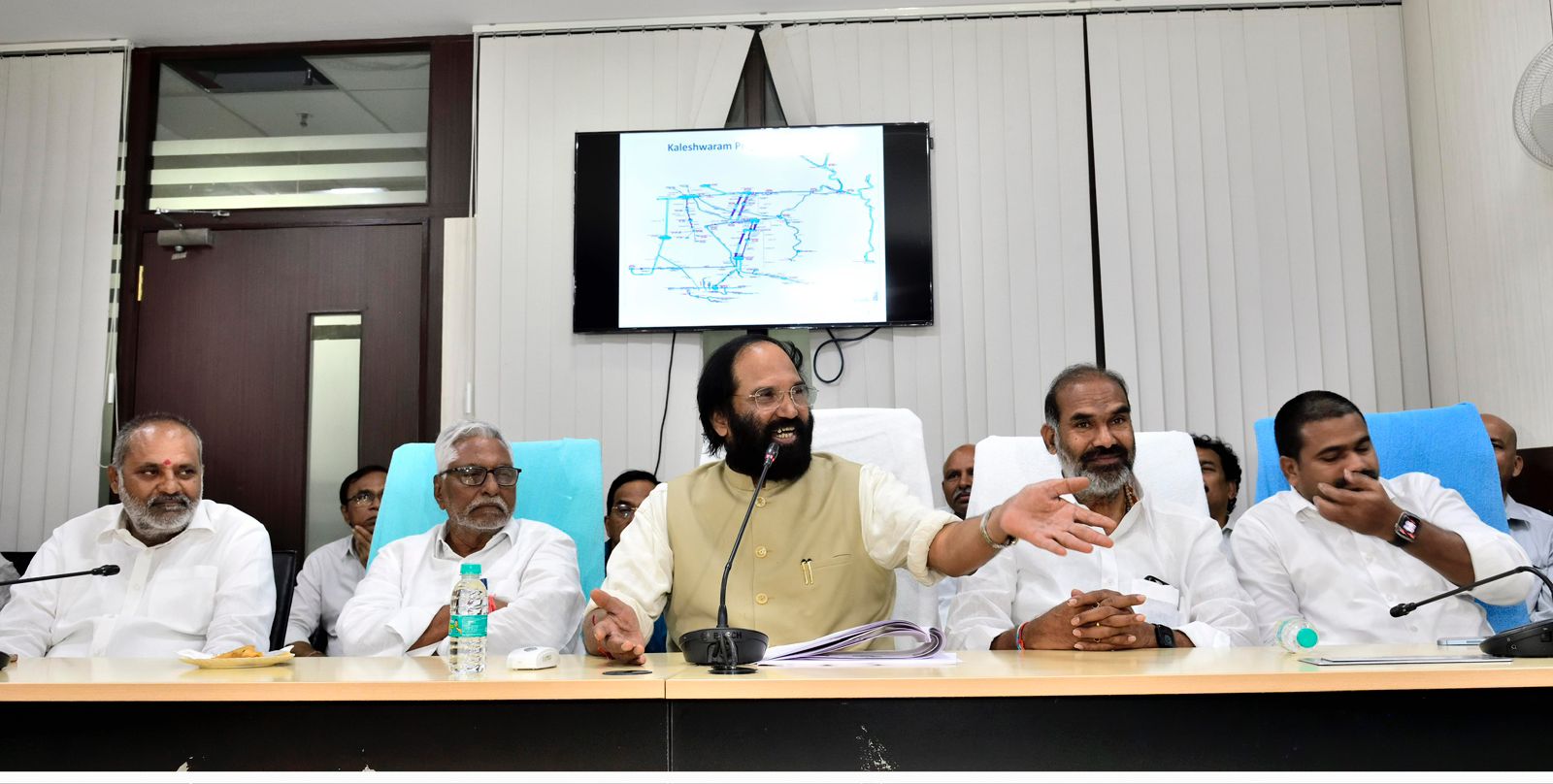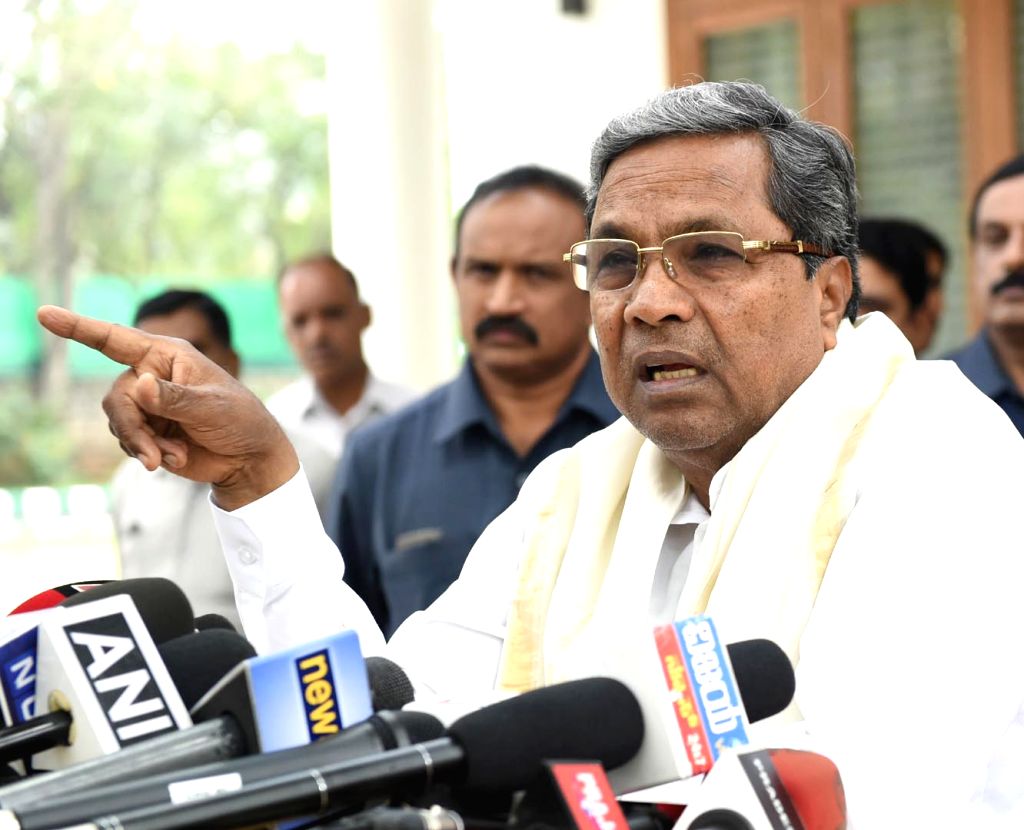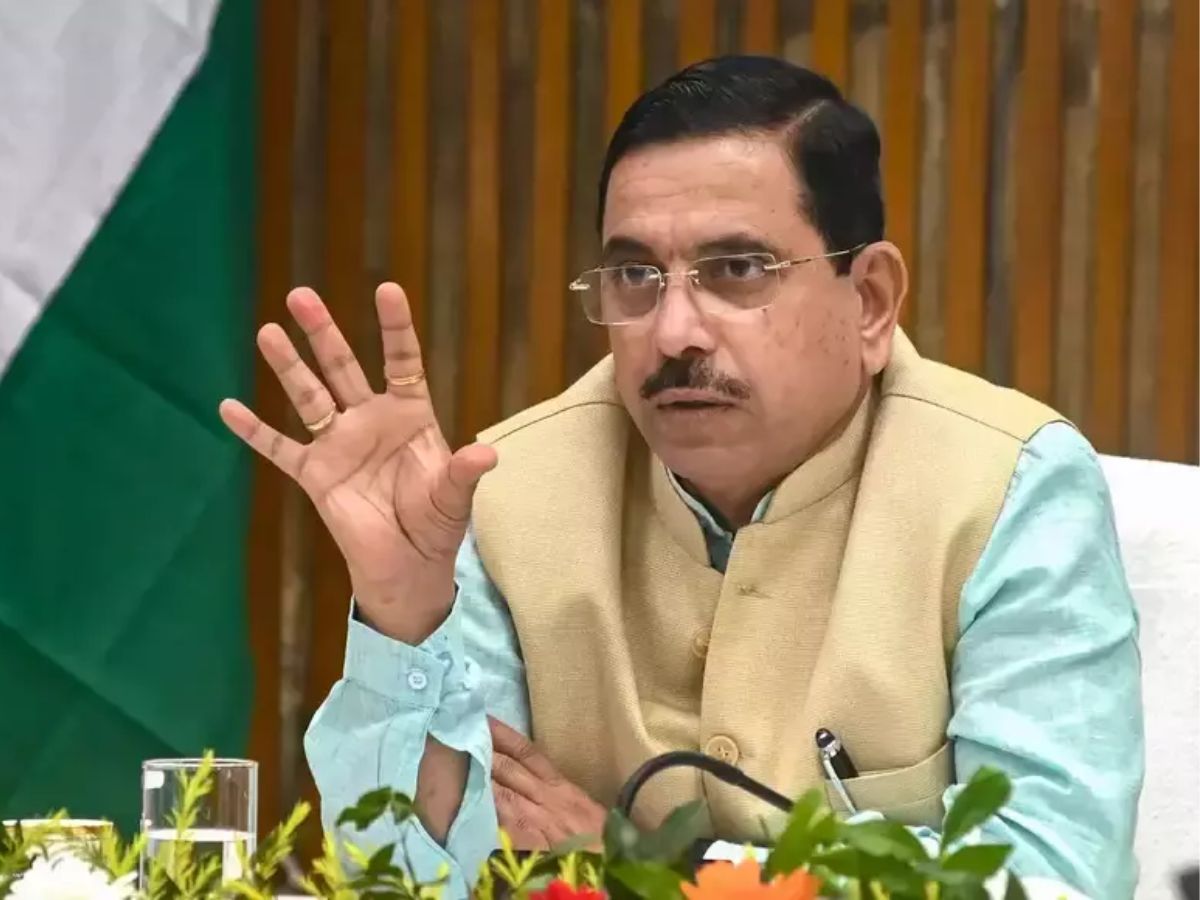Indian Railways signs MoU with US to achieve net zero carbon emissions by 2030

New Delhi: The United States Agency for International Development (USAID) has agreed to support the Indian Railways (IR) in achieving the goal of Mission Net Zero carbon emissions by 2023.
The Union government approved an MoU, signed between the Indian Railways and the USAID at the cabinet meeting, chaired by Prime Minister Narendra Modi on Friday.
The MoU signed on June 12 2023 aims at providing a platform for Indian Railways to interact and exchange the latest developments and expertise in the railway sector while the USAID as per the MoU will provide technical assistance to the railways.
Railway sources said that the MoU will facilitate utility modernization, advanced energy solutions and systems, regional energy and market integration, and private sector participation and engagement, training, and seminars or workshops focusing on specific technology areas like renewal energy.
“Earlier, the USAID/INDIA had also worked with Indian Railway focused on the deployment of rooftop solar across railway platforms”, the Railway Ministry said.
Speaking to The New Indian Express, a senior railway official said that the MoU clearly states that the Indian Railways and USAID/India will jointly work for long-term energy planning, including clean energy for the Indian Railways, giving a push towards achieving net zero carbon emission by 2030.
“The USAID/India will also share technical support for addressing regularly and implementation barriers and support the IR in the promotion of e-mobility and hosting jointly conferences and workshops in the related sectors,” it said adding Railway minister Ashwini Vaishnaw is personally monitoring the efforts to achieve the target of net carbon zero as per PM Modi’s vision.
It further claimed that the MoU will continue in effect for five years or until the effective end of the South Asia Regional Energy Partnership (SAREP) whichever period is shorter. As part of the MoU, the dependence of IR on imported fuels such as diesel and coal will be reduced further while the deployment of renewable energy plants will get a major push.
“This will help in the development of the local ecosystem which subsequently gives boosts to local product development,” it added.
The MoU will also help the Indian Railways in developing an energy efficiency policy and action plan for green buildings and clean energy procurement to achieve its net-zero vision.
“This MoU is not an obligation of funds or a commitment of any kind, and it is non-binding. This does not involve any financial commitment from the Indian Railways,” the official added.
Besides this, earlier, the Indian Railways also signed a MoU with the Confederation of Indian Industry (CII) at a function to reduce energy and water consumption lowering GHE emissions. According to railway sources, the railway has a significant number of railway stations, reduction units, major workshops and other establishments for which a slew of green initiatives have been taken up.
The CII participating with IR since 2016 has signed the third MoU after it signed the first in 2016 and the second in 2019.
As a result of various green initiatives with CII, 210 lakh Kwh energy had so far been saved since 2016 resulting in a big saving of Rs 16 crores reduction of around 18000 tons of CO2. The IR with CII has implemented energy efficiency green imitative as GreenGo rating in 75 railway workshops.
“The IR has also around 40 stations which have achieved the green certificates and have demonstrated significant improvements by saving 22 million KWHs energy and 3 billion litres of water annually,” said the railway ministry.
In addition to all these, over 40 buildings facilities, including administrative buildings, hospitals, schools and colonies have been facilitated to achieve green certification in railway and 20 new technology supplies have been introduced. Notably, 150 Indian Railway officials have been exposed to the six Best Energy efficient private sectors plants in India.
“Around 900 IR officials have been trained on different aspects of energy efficiency,” the Ministry said.
It further added that the CII will collaborate in bringing new technologies further for achieving ISO 50001 certification of workshops and production units and developing net-zero energy railway stations.




